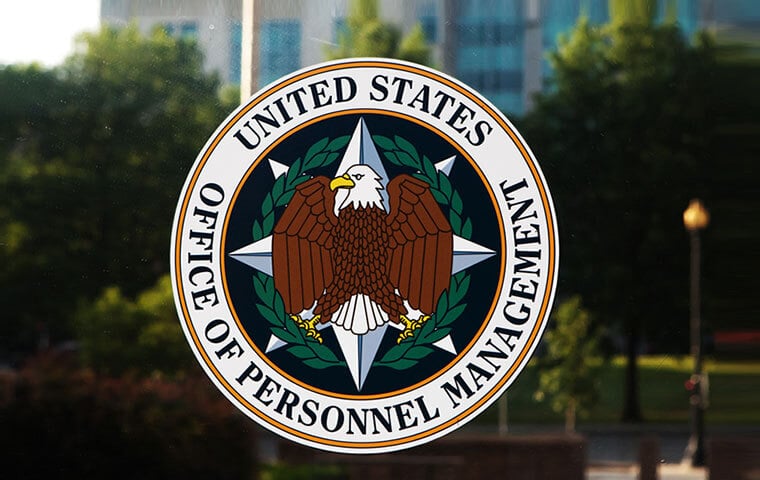 Auditors found insufficient controls over the review process, and that decisions were often untimely. Image: Mark Van Scyoc/Shutterstock.com
By: FEDweek Staff
Auditors found insufficient controls over the review process, and that decisions were often untimely. Image: Mark Van Scyoc/Shutterstock.com
By: FEDweek StaffAn inspector general audit has recommended steps to improve the OPM’s process for resolving disputes over denied claims under the Federal Employees Health Benefits program, saying it found OPM “lacked policies and procedures, sufficient training, and a quality assurance process.”
Under the program, when a claim is denied—for example on grounds that a procedure was not medically necessary—enrollees wishing to challenge that denial must first request that the carrier reconsider its decision but may then appeal to the OPM if the carrier again denies the claim or does not respond to the request.
In a review of such appeals over 2018-2020, it found “insufficient” controls over the review process, and that decisions were “frequently untimely”—with 21 of a sample of 81 continuing past the 90-day threshold in the pertinent regulations, and one as long as 467 days.
“Further, without sufficient support, OPM elected to open, close, and review disputed claims outside the processes defined in [the regulations] and the FEHB benefit brochures. Other reviews of disputed claims cases and final decisions were made inconsistently, in some cases conflicting with guidance from the Centers for Disease Control and Prevention and requirements in the Consumer Bill of Rights,” it said.
The IG also cited instances in which OPM “improperly disclosed” an enrollee’s personal information to another enrollee and did not respond timely to a Freedom of Information Act request filed on a disputed claim.
In the lengthy report, the IG made numerous recommendations; OPM management disagreed with many of them, with the IG in turn reasserting them.
OPM Advises Agencies on Conducting RIFs During Shutdown
Updated Shutdown Contingency Plans Show Range of Impacts
Use Shutdown as Justification for More RIFs, OMB Tells Agencies
Unions Win a Round in Court Disputes over Anti-Representation Orders
Deferred Resignation Periods End for Many; Overall 12% Drop
Senate Bill Would Override Trump Orders against Unions
TSP Adds Detail to Upcoming Roth Conversion Feature
See also,
Legal: How to Challenge a Federal Reduction in Force (RIF) in 2025
How to Handle Taxes Owed on TSP Roth Conversions? Use a Ladder
The Best Ages for Federal Employees to Retire
Best States to Retire for Federal Retirees: 2025
Retention Standing, ‘Bump and Retreat’ and More: Report Outlines RIF Process

